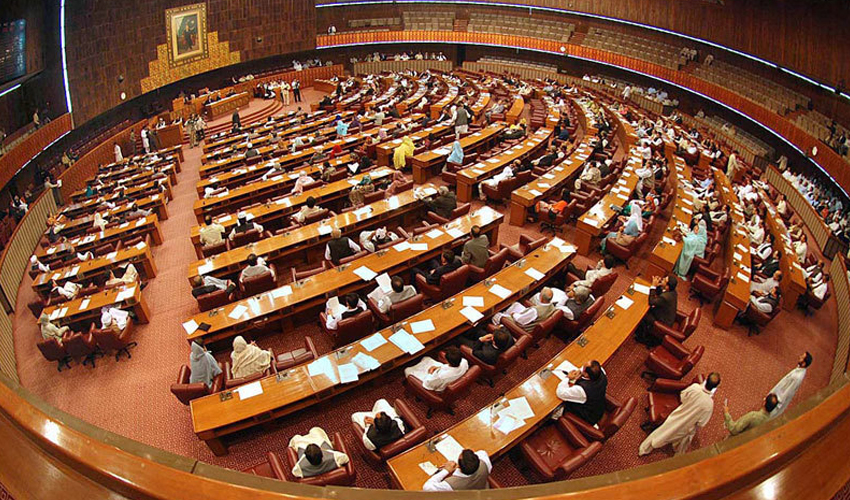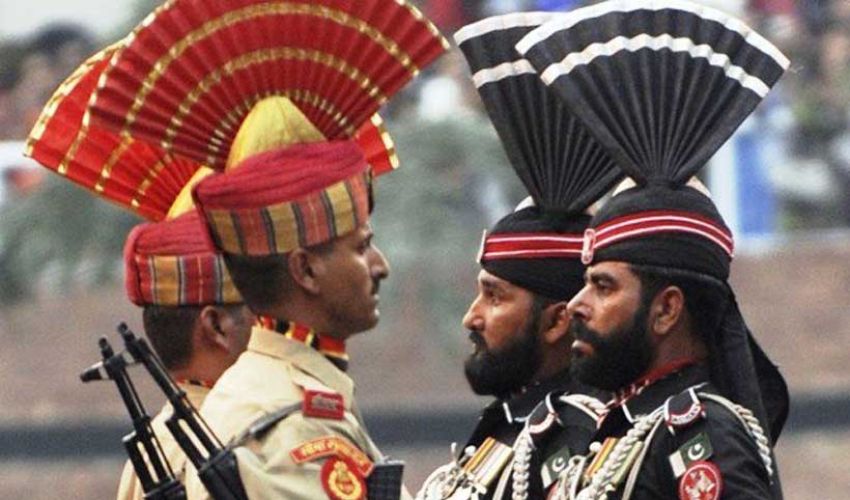A proposed schedule for government formation at the Centre has been reportedly prepared, with key stages outlined and strategies devised to address potential challenges, according to insider sources.
The planning session, held in the chamber of PML-N Senator Ishaq Dar at Parliament House, saw the participation of leaders from the Pakistan Muslim League-Nawaz (PML-N), Pakistan Peoples Party (PPP), and secretariat officials. The proposed schedule aims to expedite the formation of the government, ensuring all necessary steps are completed efficiently, sources said.
A strategy has also been prepared to deal with a likely protest by the opposition, the sources added.
According to the proposed timeline, newly elected members are slated to take their oath on February 29, with Speaker Raja Pervaiz Ashraf expected to administer the oath. Subsequently, nomination papers for the speaker and deputy speaker positions can be submitted on March 1, followed by their election via secret ballot on March 2.
Further, nomination papers for the election of the leader of the House are scheduled to be submitted on March 3, paving the way for the National Assembly to elect the new prime minister by division on March 4. Notably, Shehbaz Sharif, the nominated prime minister, will need to secure at least 169 votes to assume office for the second time. Sources indicate that the PML-N and its allies currently enjoy the support of over 200 members.
Meanwhile, the issue of notification for convening the National Assembly session remains pending. Extensive consultations between the National Assembly Secretariat and the caretaker government have taken place to ensure compliance with constitutional and legal requirements. Sources suggest that approval for issuing the notification is expected to be granted on Thursday, clearing the way for the commencement of parliamentary proceedings.
Furthermore, a notification for summoning a National Assembly session will be issued tomorrow. It has been emphasized that as soon as February 29 begins, the speaker's decision to summon a session would not be questioned, in line with constitutional mandates that necessitate calling a session within 21 days of the election.
As the proposed schedule takes shape and anticipation builds for the commencement of the National Assembly session, political stakeholders remain focused on navigating the intricacies of government formation and parliamentary proceedings in line with democratic norms and constitutional obligations.



























